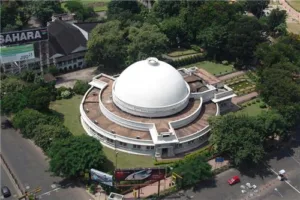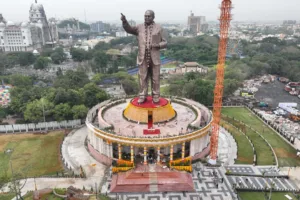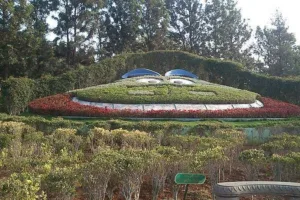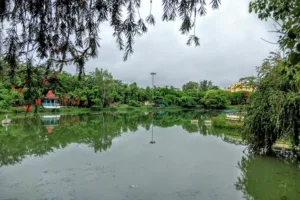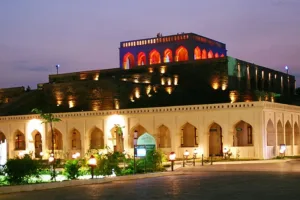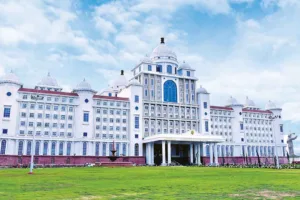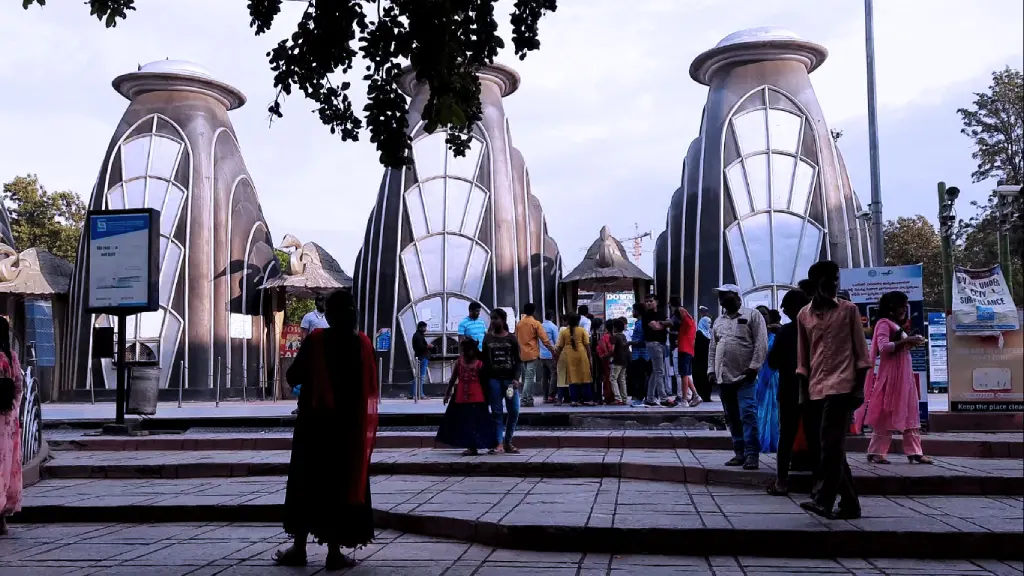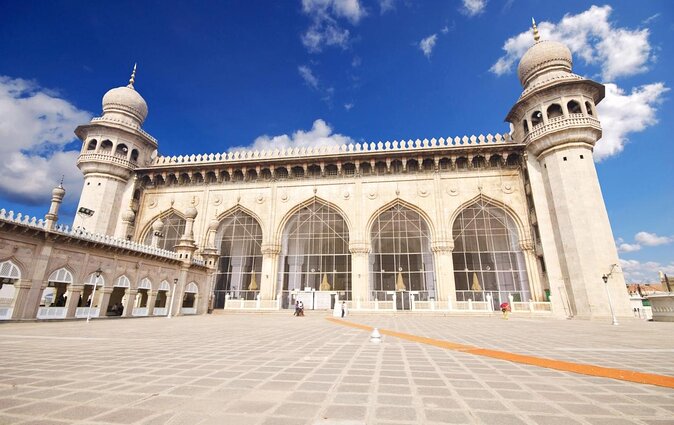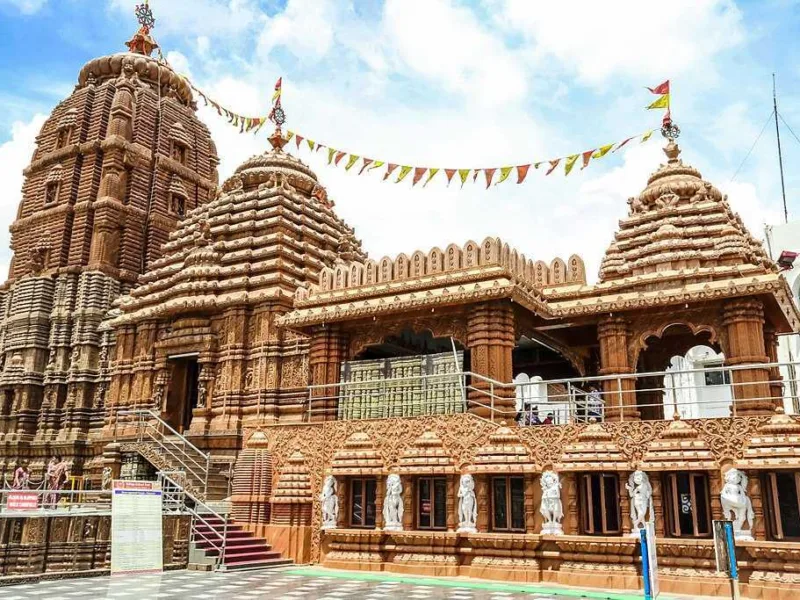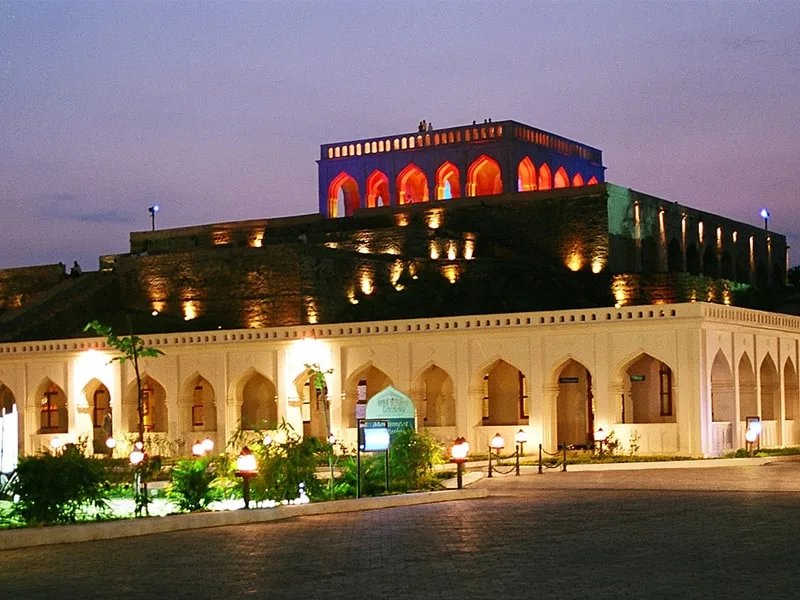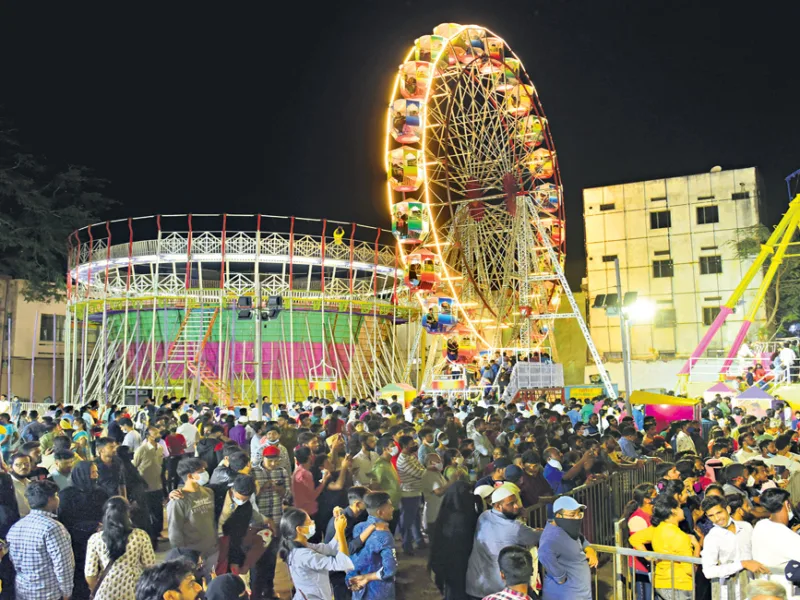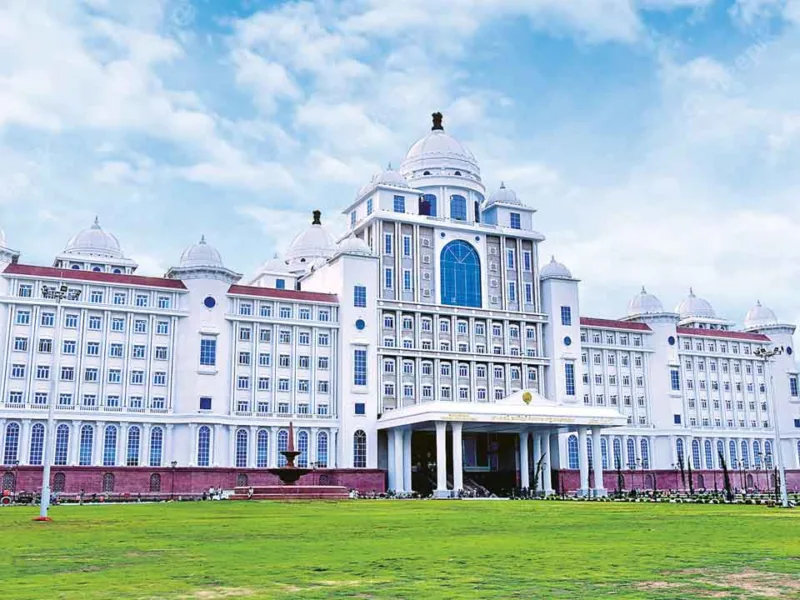Nagpur Travel Guide – Nagpur Tourism
About Nagpur:
Nagpur, known as the “Orange City,” is a dynamic metropolis nestled in the heart of central India. Renowned for its citrus orchards and vibrant culture, Nagpur seamlessly blends tradition with modernity. The city boasts a rich historical heritage, evident in its ancient temples, British-era architecture, and a strong influence from the Maratha Empire. Beyond its historical significance, Nagpur is a thriving urban center, serving as the winter capital of Maharashtra. The city’s warm hospitality, aromatic oranges, and a harmonious coexistence of tradition and progress make it a captivating destination for travelers seeking diverse experiences.
Best Time To Visit Nagpur:
The best time to visit Nagpur is from October to March when the weather is pleasant, allowing visitors to explore the city comfortably.
How To Reach Nagpur:
Nagpur is well-connected by air, rail, and road. The Dr. Babasaheb Ambedkar International Airport provides air connectivity, while the railway station and extensive road networks offer convenient travel options.
Transport In Nagpur:
Local transport in Nagpur includes buses, auto-rickshaws, and taxis, providing efficient and accessible means for exploring the city and its surroundings.
People Of Nagpur:
The population of Nagpur is diverse, comprising locals, professionals, students, and a growing expatriate community. The people of Nagpur contribute to the city’s cosmopolitan and welcoming atmosphere.
Languages Of Nagpur:
Marathi is the official language of Nagpur, but Hindi and English are widely spoken, facilitating communication and interaction with visitors from different regions.
History Of Nagpur:
Nagpur’s history is marked by its association with the Bhonsle dynasty, British colonial rule, and its role in the Indian independence movement. The city’s historical landmarks reflect its multifaceted past.
Culture Of Nagpur:
Nagpur’s culture is a vibrant mix of traditional customs, festivals, and a modern urban lifestyle. The city hosts cultural events, music festivals, and religious celebrations that showcase its cultural diversity.
Weather Of Nagpur:
Nagpur experiences a tropical climate with hot summers and mild winters. The monsoon season brings relief with occasional rainfall, enhancing the greenery of the region.
Best Places to Visit in Nagpur:
Deekshabhoomi: A sacred monument, Deekshabhoomi is a symbol of Buddhist revivalism and an important pilgrimage site. It holds significance as the place where Dr. B. R. Ambedkar embraced Buddhism.
Tadoba Andhari Tiger Reserve: One of the oldest and largest tiger reserves in India, Tadoba is a haven for wildlife enthusiasts, offering a chance to spot tigers, leopards, and a variety of flora and fauna.
Futala Lake: A picturesque lake surrounded by lush gardens, Futala Lake is a popular spot for boating, relaxing by the lakeside, and enjoying the vibrant atmosphere, especially during evenings.
Raman Science Centre: An interactive science museum, Raman Science Centre is dedicated to the renowned physicist Sir C. V. Raman, featuring exhibits and activities that make learning about science fun.
Sitabuldi Fort: A historic fort that witnessed several battles, Sitabuldi Fort offers panoramic views of Nagpur and houses a memorial to commemorate the soldiers who fought in the Battle of Sitabuldi.
Maharajbagh Zoo: A well-maintained zoo with a variety of animals and birds, Maharajbagh Zoo is a family-friendly destination where visitors can explore diverse wildlife.
Ambazari Lake: Surrounded by a jogging track and gardens, Ambazari Lake is a serene spot for nature lovers, offering a peaceful environment for walks and relaxation.
Zero Mile Stone: A historical milestone marking the geographical center of colonial India, Zero Mile Stone is an iconic landmark with historical significance.
Nagzira Wildlife Sanctuary: Known for its rich biodiversity, Nagzira Wildlife Sanctuary is a lesser-explored gem offering opportunities for wildlife safaris and nature trails.
Markanda: An ancient temple complex dedicated to Lord Shiva, Markanda is renowned for its intricate sculptures and architectural beauty, representing Nagpur’s historical and religious heritage.
Telankhedi Hanuman Temple: A sacred temple dedicated to Lord Hanuman, Telankhedi Hanuman Temple is a popular pilgrimage site with a tranquil ambiance.
Japanese Rose Garden: A beautifully landscaped garden with a variety of roses, the Japanese Rose Garden is an ideal place for a leisurely stroll and enjoying the vibrant colors of blooming flowers.
Nagpur Central Museum: Home to a diverse collection of artifacts, sculptures, and historical exhibits, Nagpur Central Museum provides insights into the region’s cultural and archaeological heritage.
Gandhi Sagar Lake: A serene lake surrounded by greenery, Gandhi Sagar Lake is an ideal spot for bird-watching, picnics, and enjoying the peaceful environment.
Shukrawari Lake: A historic lake with a vibrant market nearby, Shukrawari Lake is a cultural hub where visitors can experience the local lifestyle and shop for traditional items.
In conclusion, Nagpur, the Orange City, invites travelers to explore its diverse attractions, from historical monuments and wildlife sanctuaries to tranquil lakes and vibrant markets. Whether discovering the city’s cultural heritage, indulging in culinary delights, or immersing in the natural beauty of its surroundings, Nagpur promises a multifaceted experience that caters to the interests of every traveler.


